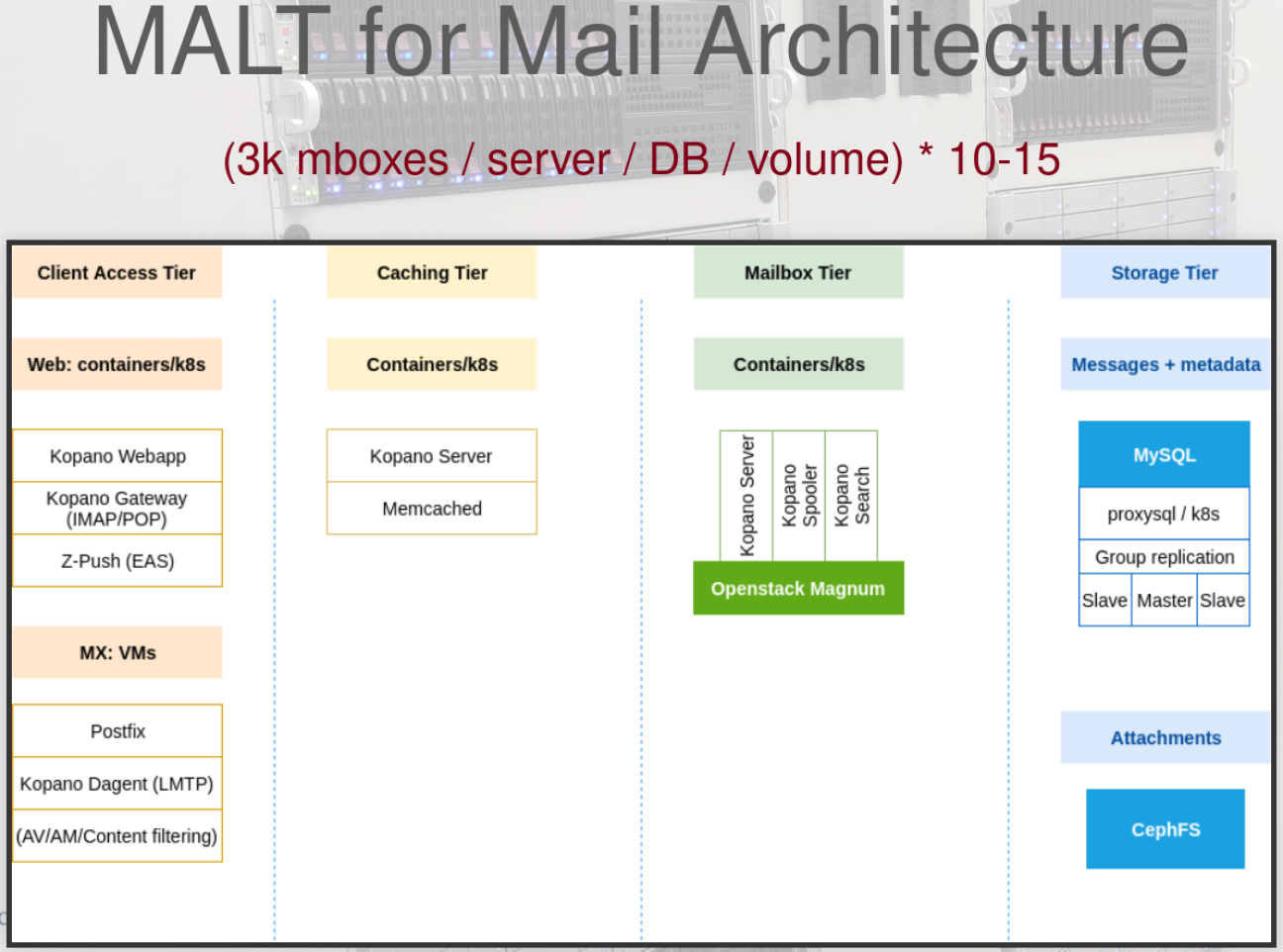In 2020, the European research organisation CERN plans to replace its proprietary mail server with Kopano, an open source alternative. It will also soon unveil a new portal to guide its software developers and allow others access and contribute to CERN software.
The increasing focus on and use of open source were announced at a networking dinner in Zürich, Switzerland, organised by CH Open, the Swiss open source advocacy group, on 29 November. The presentation by Giacomo Tenaglia makes this the first public event at which CERN has talked about its plans to use more open source software.
In June the IT trade press reported widely on CERN's Microsoft Alternatives (MALT) project. “It started off as a very unfortunate situation with license costs increasing, but has turned into a great opportunity to review the way we do things in order to move towards open solutions,” Tenaglia told the European Commission’s Open Source Observatory.

The first tangible outcome of this is a switch to the Kopano mail server. CERN is currently evaluating Kopano, aiming in due course to support 40,000 users and some 60 terabytes of mail data. CERN is running an on-premises pilot of the same size as its production server, which uses Microsoft Exchange. The research organisation, based in Meyrin, Switzerland, has a support contract with Kopano, the Dutch/German software company that is developing the eponymous mail server. “Kopano offers support for their 100% open source software. That sets it apart from business that offer support for premium features built onto their basic open source product,” Tanaglia says.
Open to the core
A major next step is the unveiling of the new ‘FOSS at CERN’ portal. The website - the URL will return a 404 for now - will help CERN software developers choose appropriate licences for their projects, and will make it easy to publish their software. The portal will also let others contribute and reuse the software solutions.
At the CH Open networking dinner in November, Tanaglia believed the portal would be ready by Christmas. However, the portal is not quite ready, he now says.
CERN has been involved in free and open source projects for decades. The research organisation started the World Wide Web, creating the world’s first website in 1989, and making it available as open source in 1993. Other examples of CERN-built open source projects are Indico, an open source tool for event organisation, archiving and collaboration; Zenodo, for sharing research output; and REANA, a reproducible research data analysis platform. CERN is also a contributor to major projects such as OpenStack, a cloud computing platform, and KiCad, for schematic design of electronic circuits.
More information:
Presentation by Giacomo Tenaglia
CH Open networking dinner
ZDnet news item about project MALT

